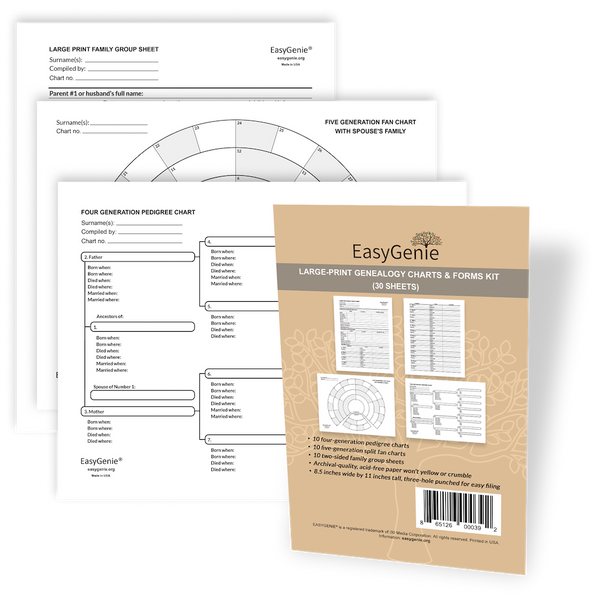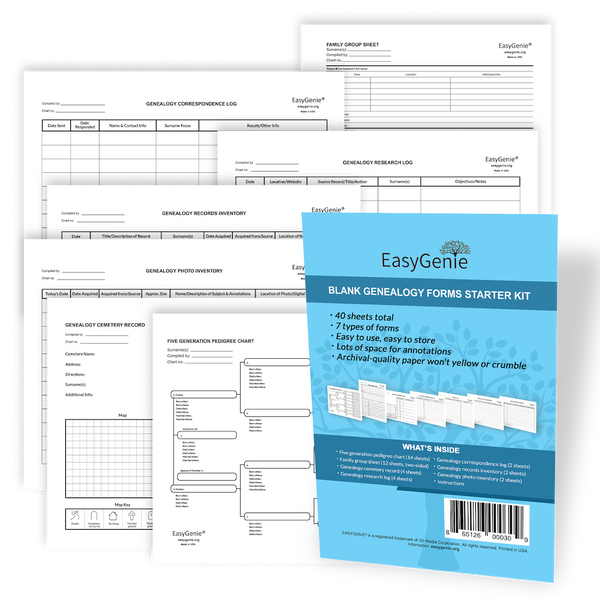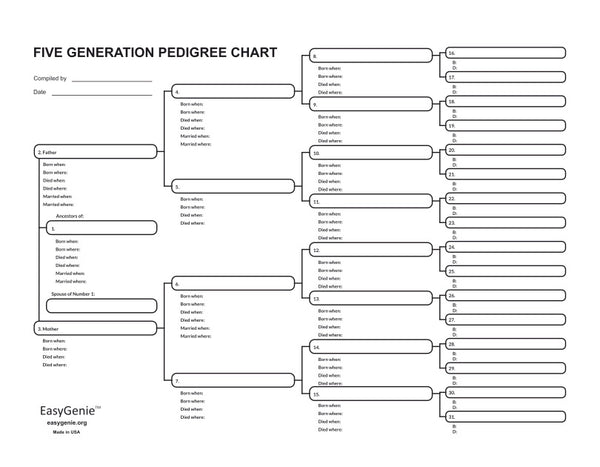
Why old-school genealogy sites from the 1990s and 2000s are still relevant today
Ian LamontOver the past week, I stumbled upon an old-school genealogy website dating from the early days of the Internet.
You've probably seen similar sites before. The design looks old. Links may be broken. They may not work well on mobile phones. They are usually run by a single person.
But such sites are often troves of free genealogy and history information that you won't find anywhere else.
For instance, in last week's EasyGenie newsletter, we included a link to a massive collection of maps and photos and historical notes associated with thousands of abandoned airfields across the United States! A pilot put it together because of his personal passion. As far as we know, there is no comparable repository online or off.
You will find other old-school sites as you research history or genealogy. There are thousands of personal genealogy blogs dedicated to a certain surname or extended family. I've found a collection of historical newspapers from New York state, available as free PDF downloads from a website created by Tom Tryniski, a retired engineer, more than a decade ago. Then there are sites devoted to the history of a village or region, often including information about old buildings, graveyards, and religious facilities. One of my favorite blogs (often cited in this newsletter) is Roberta Estes' collection of tutorials relating to genetic genealogy.
You won't find this information on Ancestry, or other subscription-based genealogy services. The information is posted by people who love genealogy and history, and want to share what they've found.
Are there drawbacks to these sources? Yes. They include:
- The sites can be hard to find, although targeted online searches or pointers from trusted sources (like the EasyGenie newsletter) can reveal their location.
- The information may need to be cross-checked against other sources to verify their accuracy.
- The sites may go offline if their owners are no longer able to maintain them.
This last issue is a critical problem, because once the information disappears from public view it may be gone forever. For this reason, if you strike gold and discover such a site, be sure to copy those special pieces of information you can't easily find elsewhere. You never know when these personal sites or services may suddenly go offline!
Back to the resource I found this week: It's a simple database of people on U.S. customs lists who arrived by boat in Castle Island in New York or Boston Harbor starting in 1820 and ending later in the same century.
The site is simple, just a few search fields with no images or flashy logos. It may not seem like much, but for people whose immigrant ancestors arrived before Ellis Island opened in New York late in the 19th century, this is a valuable tool. It was created by a programmer named Stephen P. Morse in 2004, and is still in operation 17 years later.








